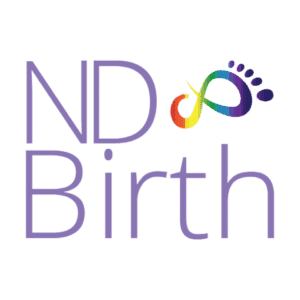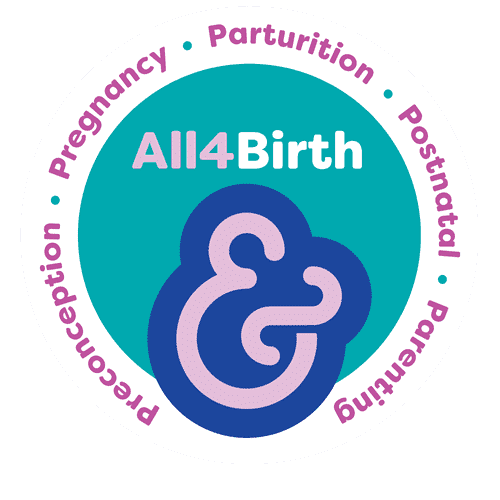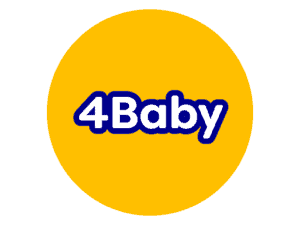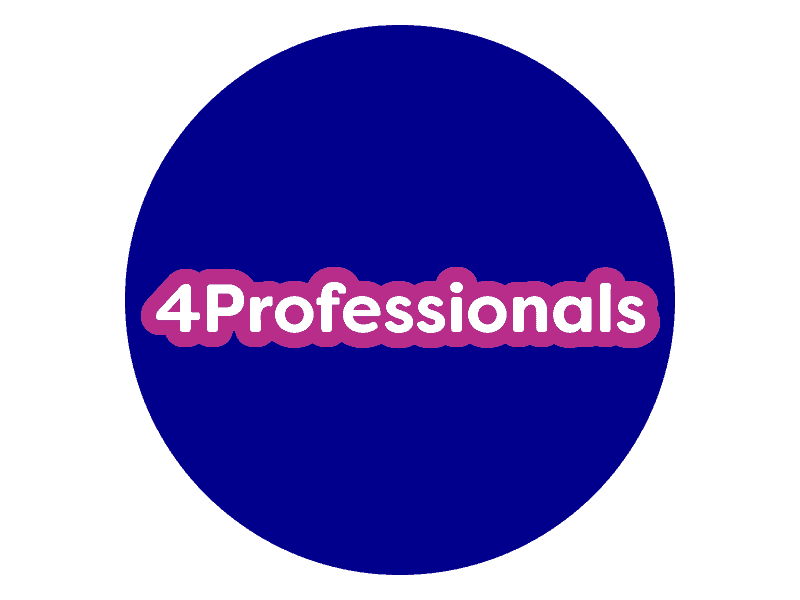Victoria White
Founder and Director of ND Birth, Birth and Postnatal Doula, Traumatic Birth Recovery 3-Step Rewind Practitioner, and Perinatal Emotional Health and Wellbeing Practitioner. She is the mum of two girls, one of whom is autistic, and is passionate about improving support for neurodivergent people perinatally.
@neurodivergentbirth
Summary
Neurodiversity acknowledges the natural variations in human brain function and cognition, including emotions, sociability, attention, and learning. Neurodivergence specifically refers to conditions like autism, ADHD, dyslexia, and more. During the perinatal period, neurodivergent individuals often face unique challenges and heightened anxiety due to a world designed for neurotypical needs. Understanding and addressing their specific needs is crucial for ensuring positive pregnancy, birth, and postnatal experiences. Improved awareness and tailored support can help neurodivergent families start their lives together without trauma.
Supporting Neurodivergent Perinatal Experiences

Neurodiversity is the concept that all people vary in terms of human brain function and cognition, including how emotions are experienced, sociability, attention, and learning. It refers to the brain diversity of all people, but the term ‘neurodivergence’ is often used to describe people who have neurotypes including autism, ADHD, dyslexia, dyspraxia, dyscalculia Tourette’s and more.
Many neurodivergent people, diagnosed or not, will have support needs around multiple themes which may include sensory processing, communication, executive functioning and mental health. When we think about the perinatal period in relation to these themes; there are many elements of pregnancy, birth and the postnatal period that can present challenges for a neurodivergent woman or birthing person, bearing in mind that no two neurodivergent people nor their experiences will be the same.
Anxiety is a common experience for neurodivergent people. The anxiety does not stem from being neurodivergent, but from the different ways that neurodivergent people need to function in a world that is tailored to neurotypical needs. Perinatal experiences in themselves can be stressful from the point of trying to conceive, due to an inability to control the situation. To help manage feelings of anxiety, people may exhibit repetitive behaviours, such as stimming (self-stimulatory behaviours), and routines may be helpful because they are predictable and help people to feel in control.
Knowing what to expect and how to manage things is often crucial to neurodivergent people experiencing anxiety. Rigid thinking about what is going to happen during pregnancy, what labour will be like, and what life with a newborn will be like, can lead to distress if things turn out to be different. Real, honest truths are therefore important, but supporting people to get comfortable with an element of uncertainty is also key.
Ultimately, we need to support individual needs, free of assumptions and judgment. This is essential work if we are to safeguard neurodivergent birthing people from experiencing birth trauma. A 2021 study concluded that ‘Autistic women experience unique challenges during childbirth that may contribute to the perception of traumatic birth’ (1). Participants of this study reported that during birth they felt their concerns were minimised, their wishes were ignored, and they were left out of critical communication and education. Participants also struggled when their autistic traits such as sensory sensitivities, were out of balance with the birth environment, which impaired their ability to communicate with providers and participate in the birth.
Birth and postnatal planning are always important but can be particularly useful for neurodivergent people and can include additional planning for how to manage cognitive and sensory input. Neurodivergent people have the right to request ‘Reasonable Adjustments’ to their care under the Equality Act 2010. This might include things like asking for a quiet space to wait for appointments, asking for lights to be dimmed or for noises to be reduced as much as possible. Having a trusted advocate present during appointments can help with communication challenges. People also have the right to record appointments or request written summaries of what was discussed to help with information processing.
We know that with the right support and understanding, it is possible to have a positive neurodivergent pregnancy, birth and postnatal period. With an estimated 15-20% of the population being neurodivergent, improved awareness and understanding of neurodivergent support needs perinatally is essential. This supports an improvement in mental health outcomes and gives neurodivergent families the opportunity of a positive start to their lives together without a foundation of trauma.
Conclusion
In conclusion, supporting neurodivergent individuals during the perinatal period requires a tailored approach that acknowledges their unique needs and challenges. By providing reasonable adjustments and fostering an environment of understanding and respect, we can mitigate anxiety and prevent birth trauma. Real, honest communication and flexible planning are key to helping neurodivergent people navigate pregnancy, birth, and the postnatal period. As we enhance awareness and understanding, we improve mental health outcomes and offer neurodivergent families the foundation for a positive and empowering start to their lives together.
Our goal at ND Birth is to facilitate improved understanding and awareness of neurodivergent perinatal experiences and support needs. If you would like to be involved in the work we are doing please visit www.ndbirth.com and search for ‘The Neurodivergent Birth Podcast’.
Links to other resources
 Websites and Guidelines
Websites and Guidelines
Maternity Autism Research Group
Breastfeeding Network: Breastfeeding on the Autistic Spectrum
Breastfeeding: The Autistic Experience
 Film Audio and Apps
Film Audio and Apps
References
- Lewis, L. F., Schirling, H., Beaudoin, E., Scheibner, H and Cestrone, A. (2021) Exploring the Birth Stories of Women on the Autism Spectrum. JOGNN, 50, 679–690; 2021. https://doi.org/10.1016/j.jogn.2021.08.099











